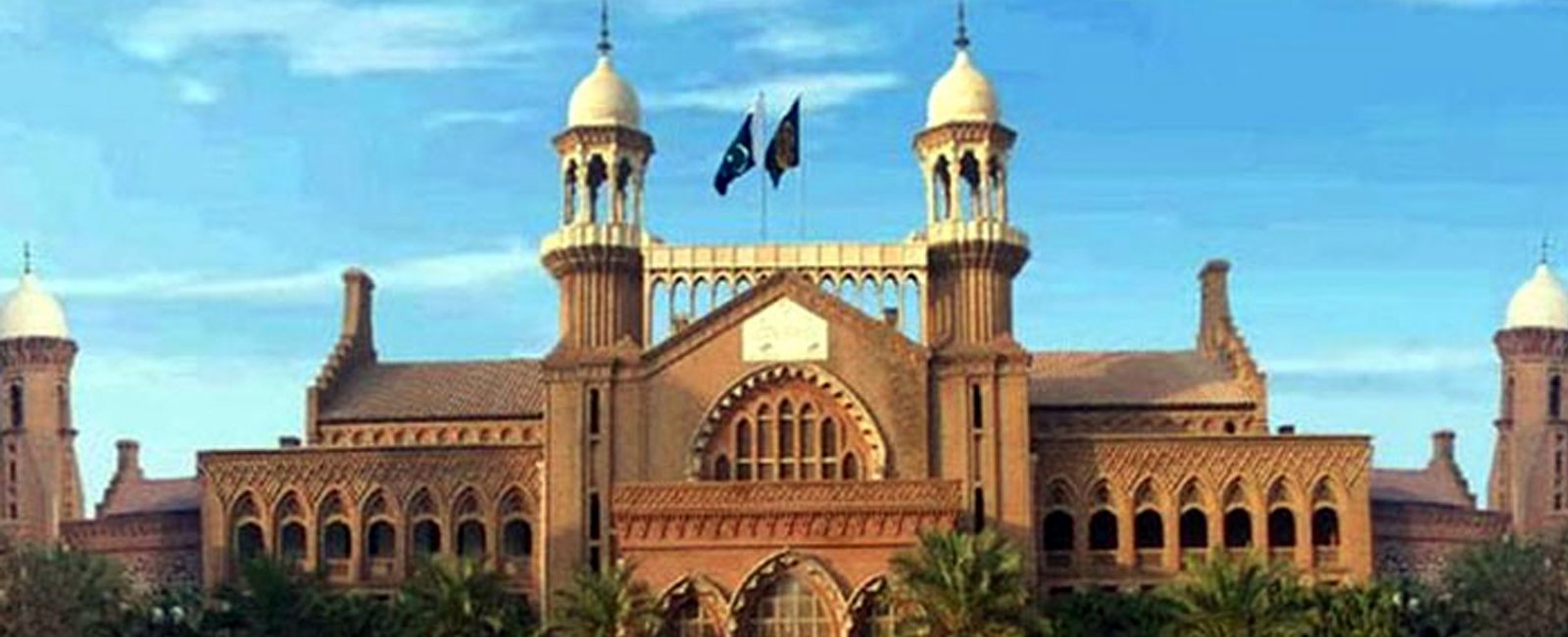Leasing 1 million acres of land to Pakistan Army for corporate farming is illegal, rules LHC
“This [verdict] is a major victory for democracy and people who believe in the rule of law,” lawyer says

LAHORE: The Punjab interim government lacks a constitutional mandate to transfer up to 1 million acres of state land to the Pakistan Army for corporate agriculture farming, rules the Lahore High Court (LHC).
In a 134-page judgment, released on Wednesday, the single-judge bench found that neither did the caretaker government of Punjab have the constitutional mandate to allot land for corporate farming, nor did the armed forces of Pakistan have the constitutional and legal mandate to indulge in corporate farming.
In the verdict, Justice Abid Hussain Chattha wrote that any land allotted to the military for corporate farming be returned to the Punjab government, and that necessary steps be taken to sensitise each member of the armed forces regarding its constitutional and legal mandate and the consequences of possible violations.
He also directed that a copy of the judgment be sent to the federal government, ministry of defence, chief of army staff, chief of navy staff and chief of air staff.
“This [verdict] is a major victory for democracy and people who believe in the rule of law,” Rafay Alam, the lawyer for the petitioner, told Geo News over the phone.
What is the background of the case?
This year on February 8, the director general strategic projects of the Pakistan Army wrote to the Board of Revenue in Punjab requesting it to grant up to 1 million acres of state land in Punjab for “corporate agriculture farming”.
In the letter, seen by Geo News, the Pakistan Army cited rising oil and food prices as a serious challenge to Pakistan’s economy and its agriculture sector, arguing that it had experience to develop “waste barren lands".
For the project, the military proposed the immediate release of 10,000 to 15,000 acres of irrigated land, followed by 100,000 acres by March 1 and then the rest of one million acres by April.
A month later, the Governor of Punjab and the Pakistan Army signed a joint venture agreement to lease up to 1 million acres of state land in Punjab to the army for corporate agriculture farming, for a period of 20 years.
The agreement also finalised a profit-sharing mechanism, under which 20% of the profits earned from the venture will be used for research and development, while the remaining profit will be divided 50-50 between the government of Punjab and the army.
In the judgment, the LHC calculates that 1 million acres of land in the province were “around 2% of the total territory of Punjab”.
But none of this information was made public, until an official notification, dated March 10, began circulating on social media which revealed that the Punjab government had decided to hand over 45,267 acres of state land in Bhakkar, Khushab and Sahiwal to the army for corporate farming.
Soon after the notification went public, Lahore-based lawyers Fahad Malik and Rafay Alam, representing the NGO the Public Interest Law Association of Pakistan, filed a petition in the LHC challenging the government’s decision.
They argued that the grant of land by a caretaker government was “unconstitutional and illegal”, as the scope of a caretaker government was limited to performing day-to-day functions, and that Pakistan’s Constitution did not allow for the military to take up commercial ventures.
Outside the court on May 23, Rafay Alam told Geo News that there is also no mention of “corporate agriculture farming” in any of Pakistan's agriculture or climate-related policies or laws.
“Pakistan's national food security policy, the Pakistan national climate change policy and Punjab’s own agriculture policy do not use the words ‘corporate agriculture farming’ anywhere,” he said.
How did the idea of corporate farming in Punjab even come about?
As per court documents, in June 2021 the then chief minister of Punjab Usman Buzdar approved a summary to lease out state land for corporate farming, under the China-Pakistan Economic Corridor (CPEC).
A few months later, in February 2022, the proposal was placed before the Punjab cabinet.
The cabinet then directed that a committee made up of provincial ministers, from the ministry of law, agriculture, finance and livestock, be constituted to draft the terms and conditions for leasing the land.
Finally, on October 14, 2022, an alleged ministerial committee meeting was held in Lahore.
Interestingly, the documents submitted in court, by the Punjab government’s counsel, showed that no minutes of this meeting were ever recorded. Neither did the ministers, who attended the meeting, sign the attendance sheet.
“The minister [Raja Basharat] did not even sign [his attendance]?” Justice Abid Hussain Chattha asked in the court on May 29, “This is very strange.”
The October 14 meeting was significant, as it amended the terms and conditions for leasing the land.
On that day, government officials added a new section to the terms and conditions, which allowed for the land to be leased through a single source and without any auction to a department of the government.
This paved the way for the Pakistan Army to request up to 1 million acres of state land in Punjab for “corporate agricultural farming” in February this year.
Fahad Malik, the lawyer for the petitioner, also argued in the court that neither the Constitution nor the Pakistan Army’s own legislation allows it to take up corporate agriculture farming or any commercial ventures.
“Articles 243, 244 and 245 of the Constitution govern the military’s constitutional role,” he said in the court. “And none of these Articles nor the Army Act [1952] make any reference to ‘agriculture’ or ‘corporate farming’.”
What is the army’s point of view?
In a press conference held on April 25, Major General Ahmed Sharif Chaudhry, the director general of the military’s media wing, the Inter-Services Public Relations, was asked about the military’s attempt to get state land for corporate farming.
He responded that developing and developed countries have used their militaries, in some way or the other, to improve their agriculture sector, but added that the final decision regarding what role the military can play in making the lands more cultivable, was that of the provincial and federal government.
Is the land really barren?
The Punjab government has repeatedly claimed in the court that the land being granted to the army was in fact “barren” and “waste”, however a meeting of the Punjab caretaker cabinet held on February 25 referred to the land as “unutilised or with illegal occupants”.
Murtaza Yasin, a farmer in Sahiwal, told Geo News over the phone that he has seen parts of the land that the military hopes to acquire in South Punjab.
“Some areas, which the army wants to acquire, are already 100% cultivated,” Yasin said, “I did not see any barren land.”
Geo News also reached out to Nadeem Ashraf Waraich, the divisional forest officer, in Bhakkar, Punjab on June 1. He also confirmed that some of the land being transferred to the military included forest land.
He then promised to then share the exact size of the forest land being granted to the military, but later did not respond to Geo News messages.




